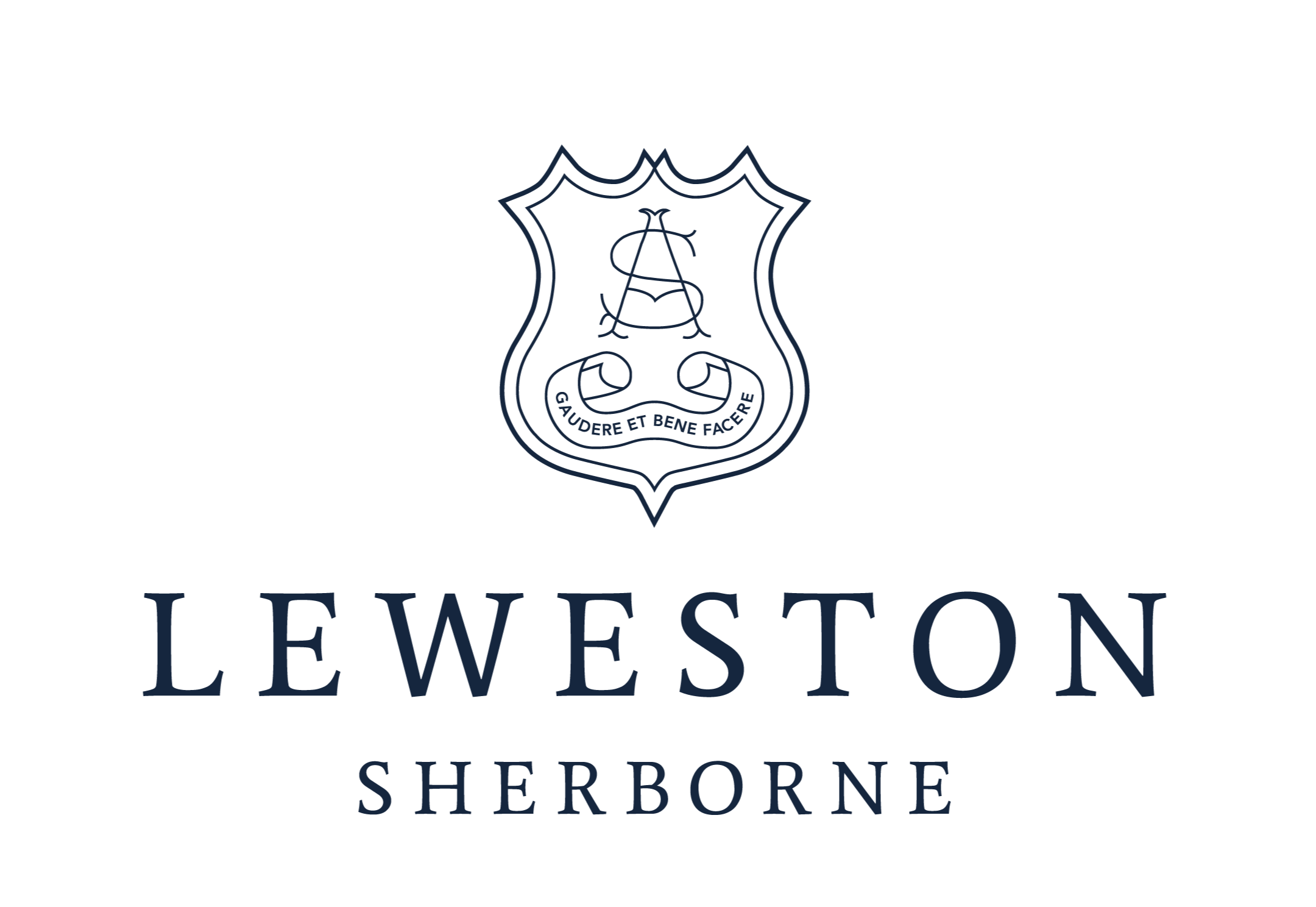Academic Enrichment in the Spring Term
The academic enrichment groups thrived right from the beginning of the Spring Term. Dive into their accomplishments during the first half of the term here.
Their excellence persisted throughout the rest of the term, showcasing their prowess in research, debate, and public speaking skills.

Our students have continued to enjoy a range of academic enrichment activities. Alongside subject specific offerings such as Maths Challenges, Chemistry Symposiums and EAL debate pupils have also had the opportunity to once again attend Rhetoric, Scholars Society and Head’s Essay Society.
In Rhetoric, Mr. Enticknap and Mrs. Newnham lead a challenging puzzle session for Years 7 to 9, with the anagram starter a real test! Apparently used by GCHQ to assess recruits, it was certainly difficult.
Scholars’ Society continued with their series of debates. The motion this time was “This house believes that female sports players should receive equal pay to men” with Izzy W and Jess S, keen sport women themselves, supporting the motion with a range of facts and data. Martha B and Sam P provided a lively and confident rebuttal. The house supported the motion.
Pupils in Year 7 to 10 also had the opportunity to take part in Oxplore this half term – a live outreach debate led by the University of Oxford. The “Big Question” was “Should under 18s be allowed to vote?” Pupils could listen to the experts, vote on a series of questions and also send in questions to the Live Chat. Leweston pupils had two questions answered live on air. Nancy WC had the very first question addressed by the panel - Would compulsory voting take away free will and the idea of democracy? Jess S also had her question - Should u16s be allowed to vote with their parents’ permission? answered live on air.
Finally. Head’s Essay Society tackled the philosophical debate of the Trolley Problem – A runaway tram is hurtling towards five people. You are standing on a side of the track, beside a switch. (i) If you do nothing, the tram will kill the five. (ii) If you throw the switch to the right, it will kill one workman. (iii) If you throw the switch to the left it will kill you!
Which option are you morally allowed to take? Which of the three options are you morally required to take? Why?
They considered a range of both theoretical and pragmatic arguments. It was a pleasure to observe the level of research and engagement which pupils brought to the table.
In-depth analysis of the ethical dilemma presented by the runaway tram scenario was crafted by Bert (Year 12). Delve into his insightful essay below to explore the complexities of the situation.
Are there some moral rules that should never be broken? I think that the main way to logically comprehend this dilemma is to understand the consequences behind each choice. In my essay, I will be exploring the concepts of deontology and consequentialism and consider the reasoning behind each theory to eventually come to a conclusion and thus a decision.
Deontology is the theory that there are certain moral rules that should never be broken. The philosopher, Judith Jarvis Thomson, explored this deeply during her life. This is supporting the option of not switching the direction of the tram as that means that you personally are not directly causing the death of an innocent person. However, this leads to the verdict that one life is worth more than six, but what if, hypothetically, this one person served more of a purpose within society than any of the six people. By this, I mean that what if the five people were convicts and had committed serious crimes and then you and the other workman were innocent, law-abiding citizens. Furthermore, almost forgetting morality altogether, what if you were a world-class surgeon or a scientist researching cancer, you would be valued more than an innocent, unemployed person, or potentially even five of them. This alone would make a lot of people choose not to interfere with the tram. In addition, I think that the guilt would have less of an impact on me if I were to leave the tram as it was. Leaving the tram will lead to the death of five people but indirectly by me, however, the death of the other workman or myself would be entirely my doing. Others may think differently and that comes under consequentialism.
Consequentialism is the theory that morality is ultimately about doing whatever has the best consequences. The philosopher, Philippa Foot, explored this deeply within her life. In this case, some would say that to turn to the switch to either kill yourself or the other workman would be the right thing to do all due to the fact that it has the better consequence; one person dying and saving six people is better than five people dying and saving two. It could also lead to less of a mental bearing, doing what most people would agree is the morally correct thing. Subsequently, this seems like the obvious solution. Although, this arises the complication of choosing between yourself and the workman.
When determining whether it is greater to kill yourself or the workman, in my opinion, it becomes a much more intense decision. We must consider the consequences of both deaths and decipher whether one is more significant than the other. Originally, most would expect that neither were insignificant and therefore they are equal. This can be argued as we return to the point that one may serve a more substantial purpose like a surgeon or firefighter in comparison to a workman on a train track. Both are most definitely important, but, as bad as it sounds, a lot of people would concur that saving lives is more notable than fixing public transport. Another factor to consider is the mental state that either choice will leave the living person; switching it to kill the workman would cause an incredible amount of guilt to be forced upon you as well as the pain it would unload on their family and friends. This goes both ways though: the guilt would not affect you as you would be dead, but the pain still affects your family and friends. Off the back of this, considering this specifically, I believe that the majority would prefer another family suffer rather than their own. But at the same time, this could possibly ruin your own life as not only would it be a crime as you murdered them, but likewise your mental health could diminish. Because of this, you must debate whether you would rather suffer or your family to suffer.
On one hand, your family will feel pain and grief over the loss of you which could last for the rest of their lives and on the other, you could feel guilt which could last for the rest of your life. I feel that this then depends on the theory of consequentialism again, as either you, one person, suffers or your family, most of the time more than one, suffers.
To sum up, deontology suggests that you should kill the five and consequentialism suggests that you should save them. Further thought into this allows us to realise that it’s not that simple; more and more decisions develop as the difficulty advances. In the end, after considering each separate route and consequences behind them, I think that we should throw the switch to the right to save the five and yourself killing the workman. This is because it comes with the least damaging consequences: six people get to live and the only people to suffer are the workman’s family and yourself. Some might ask, what makes your family any better than their family? I truly think that almost anyone would rather have their family happy over a lot of other families including myself and that is why I chose that option.
